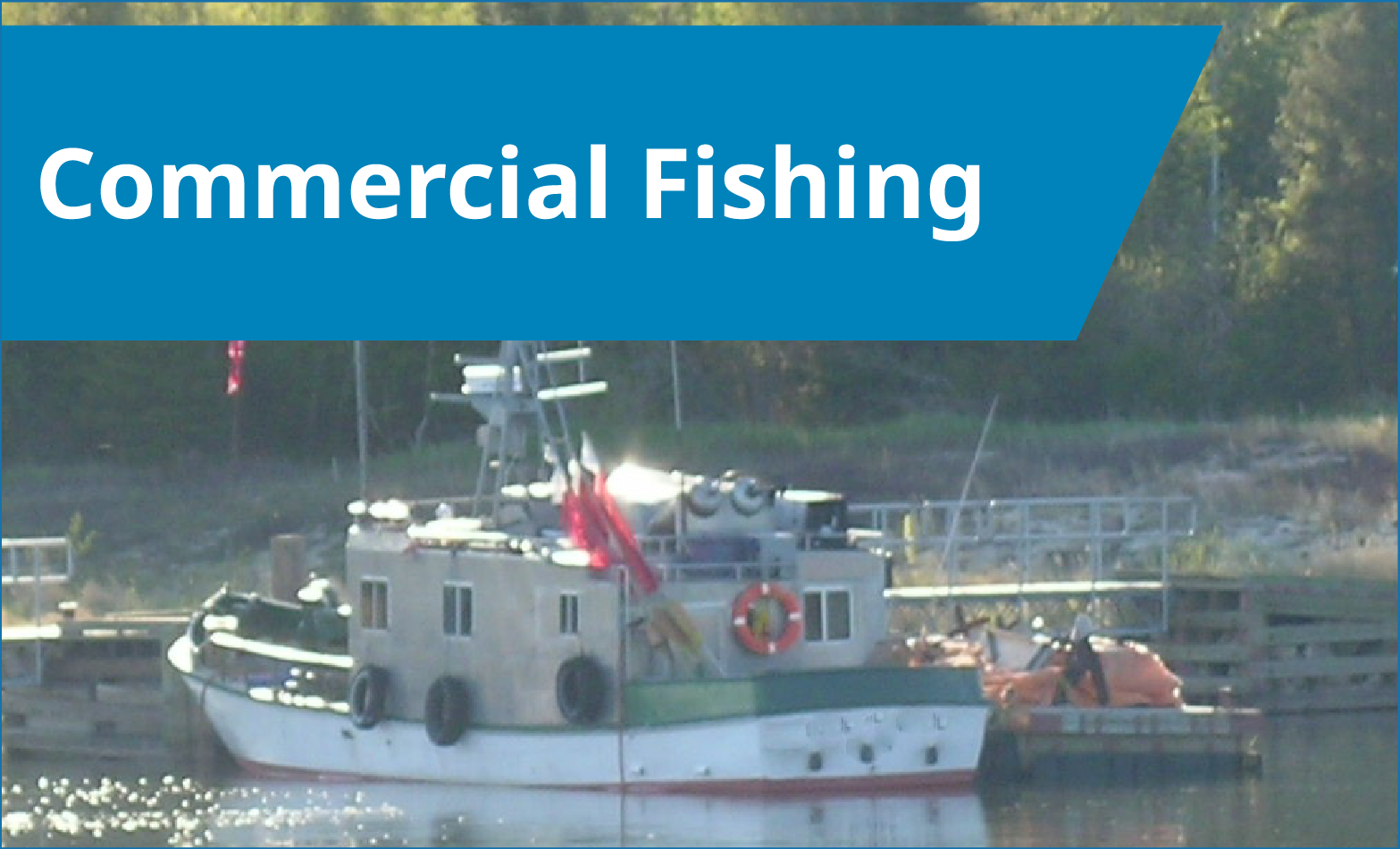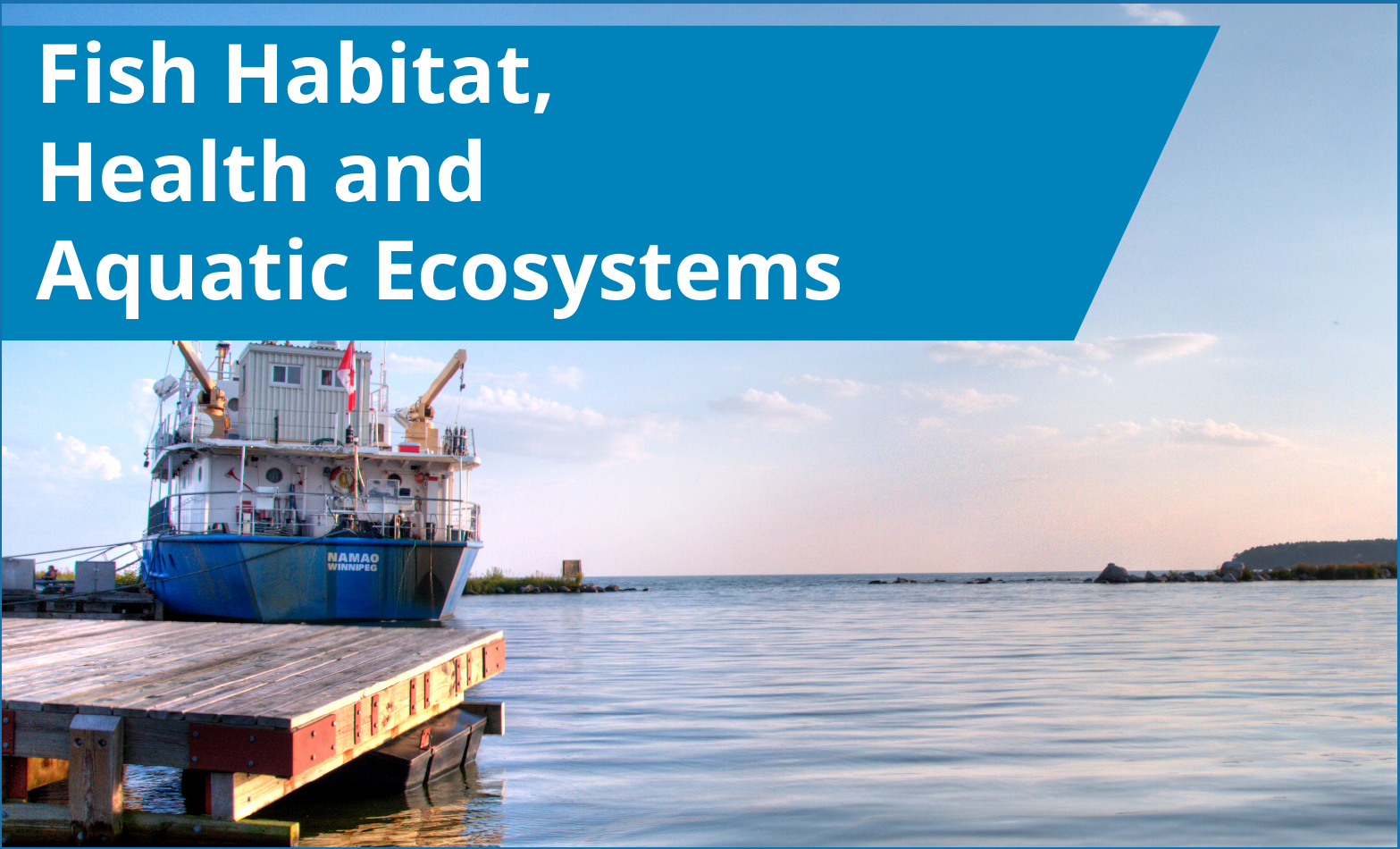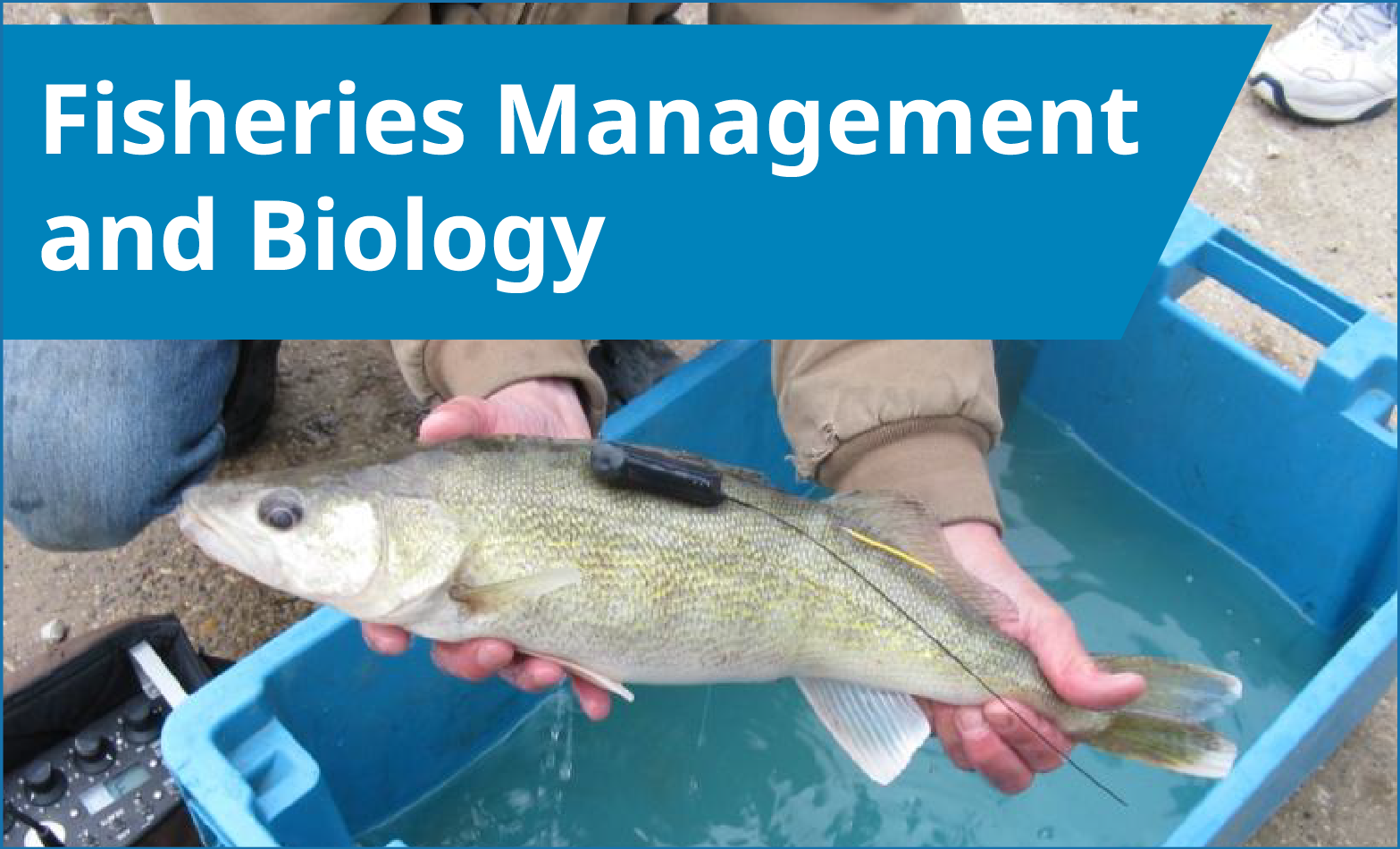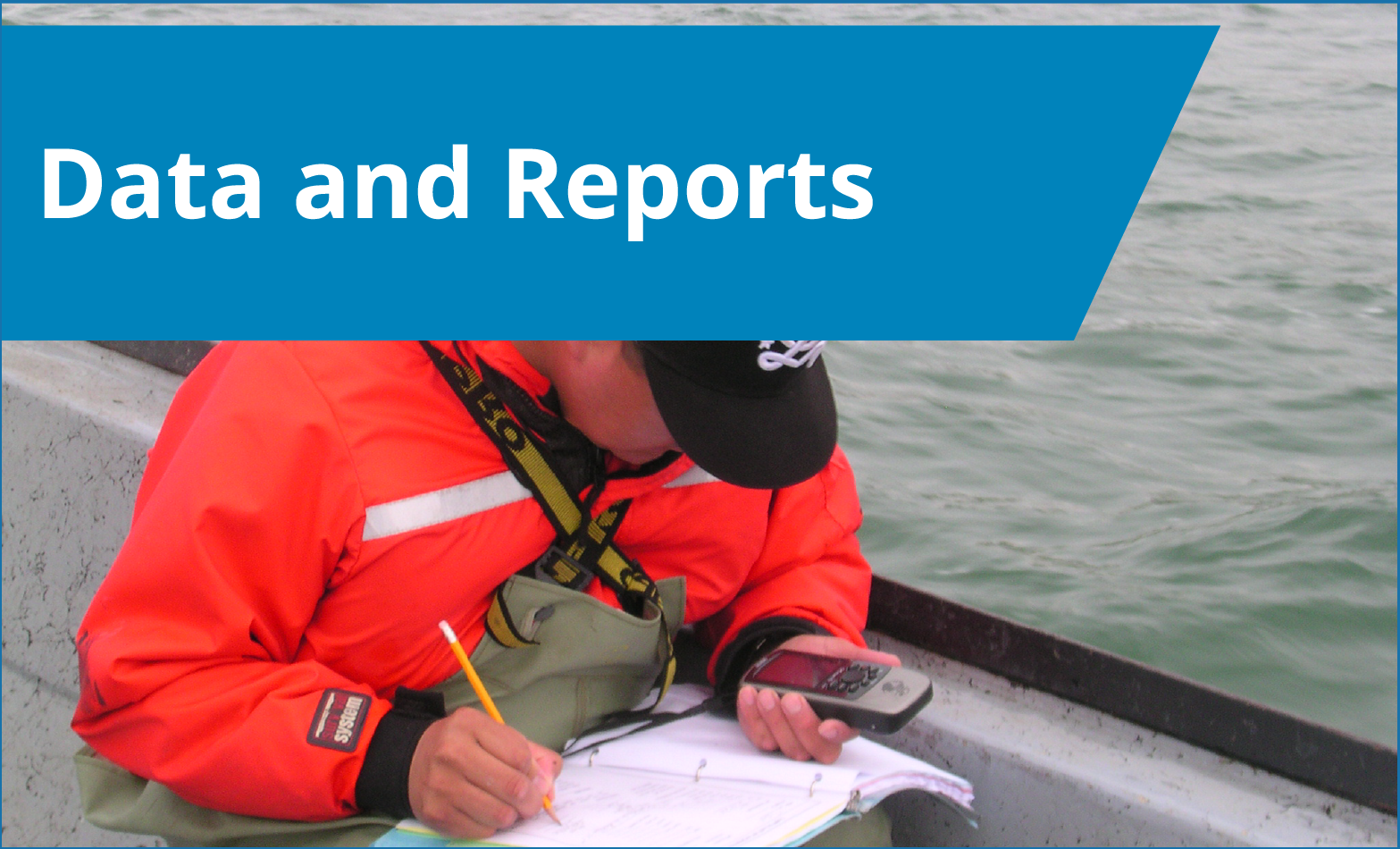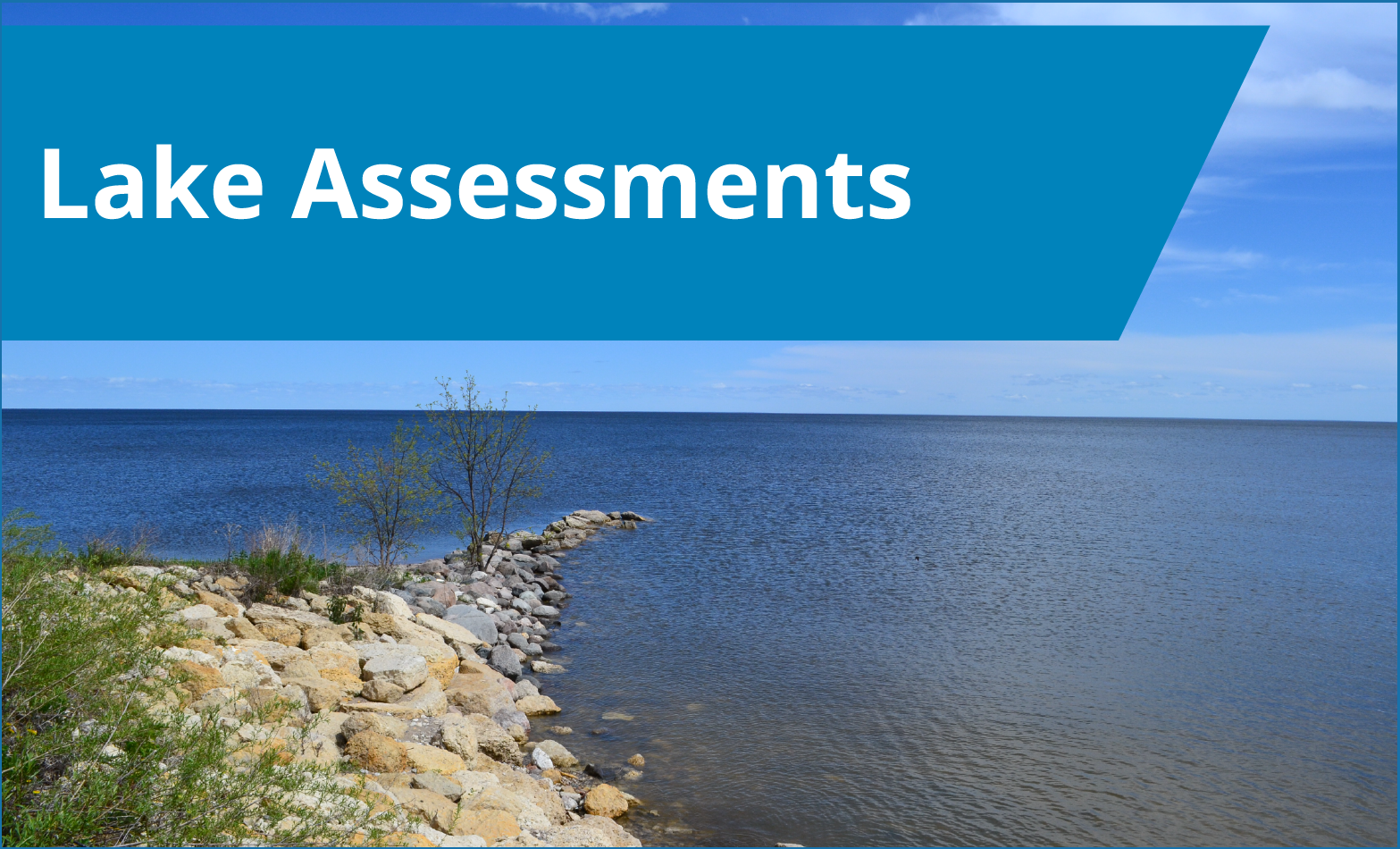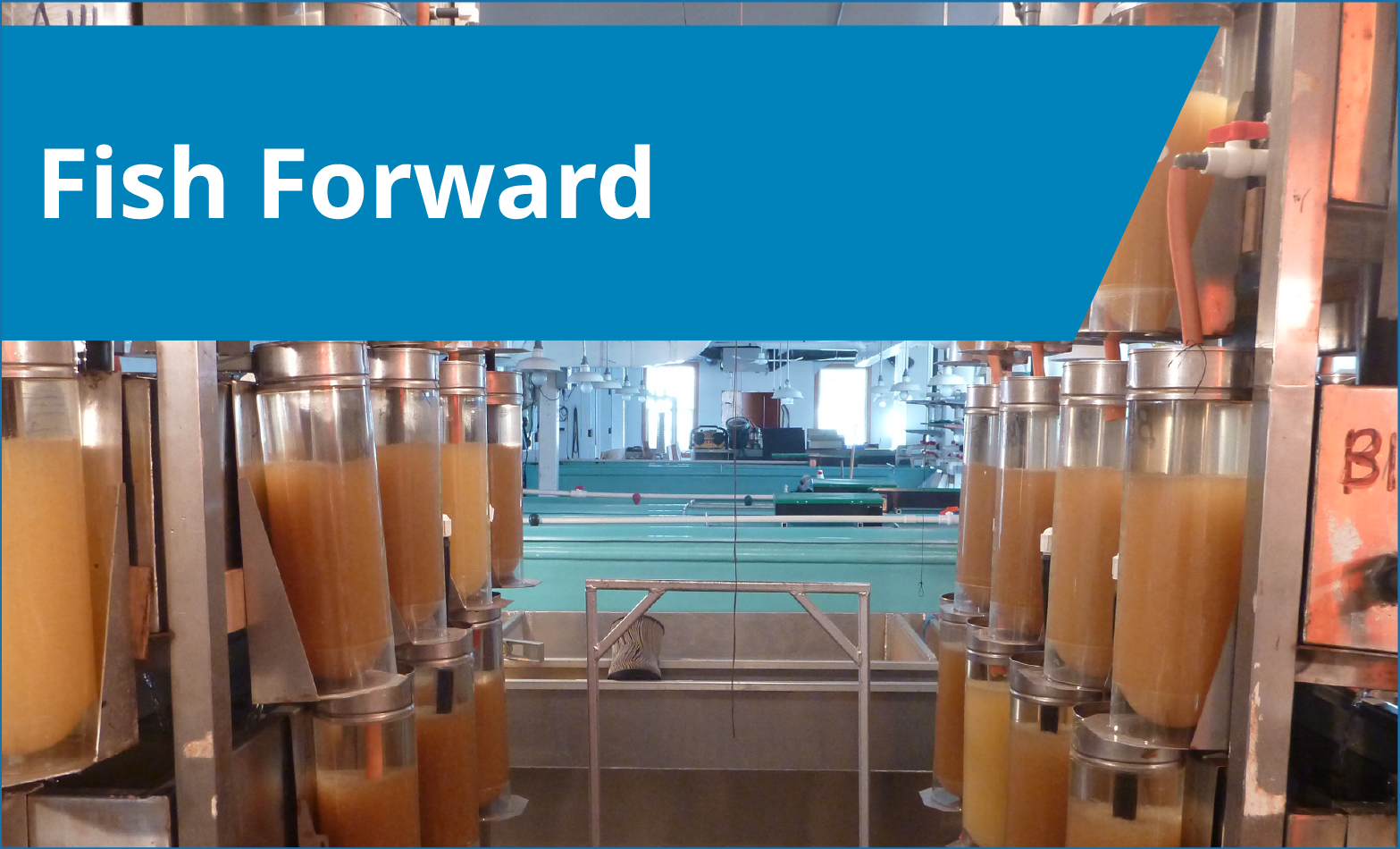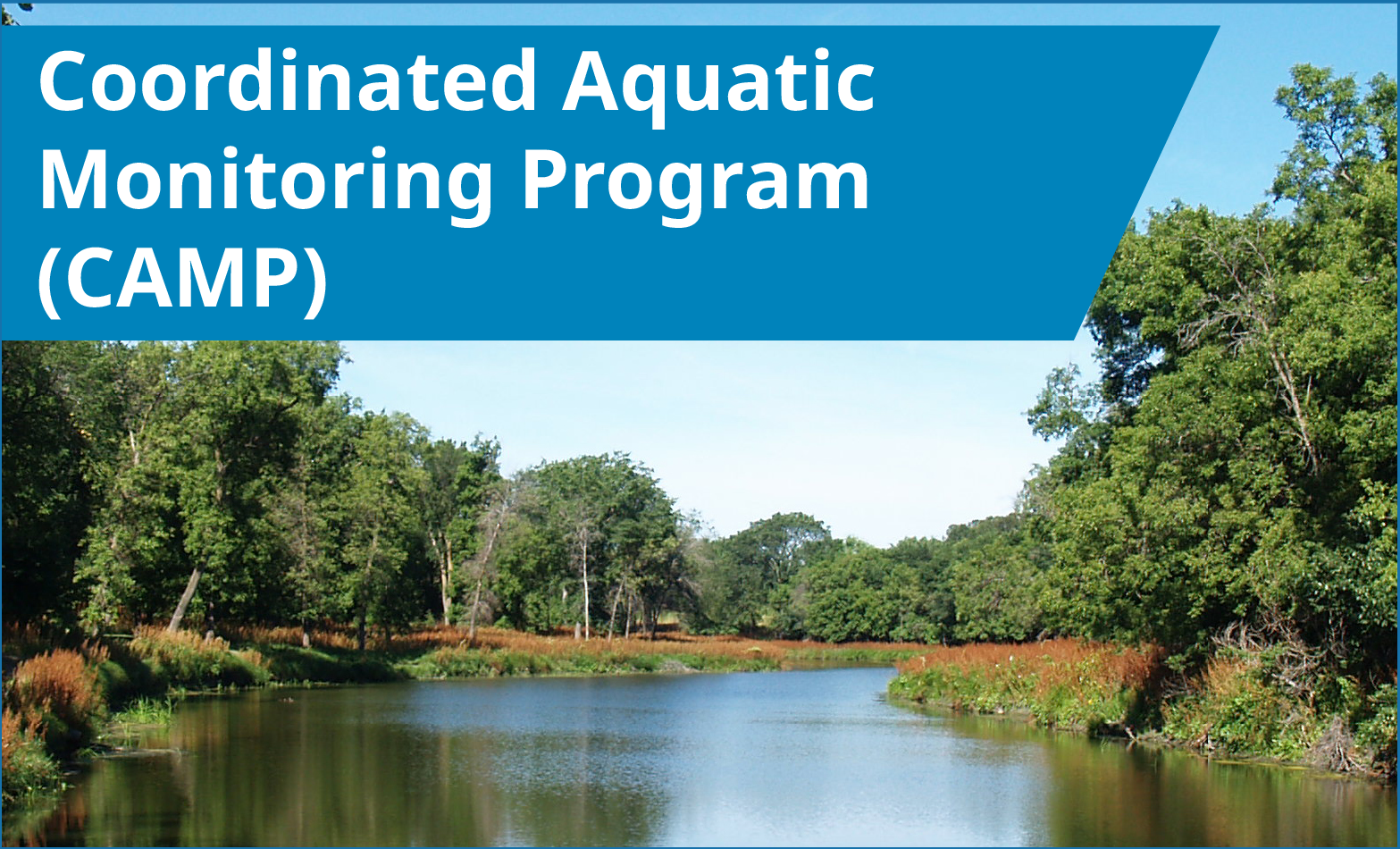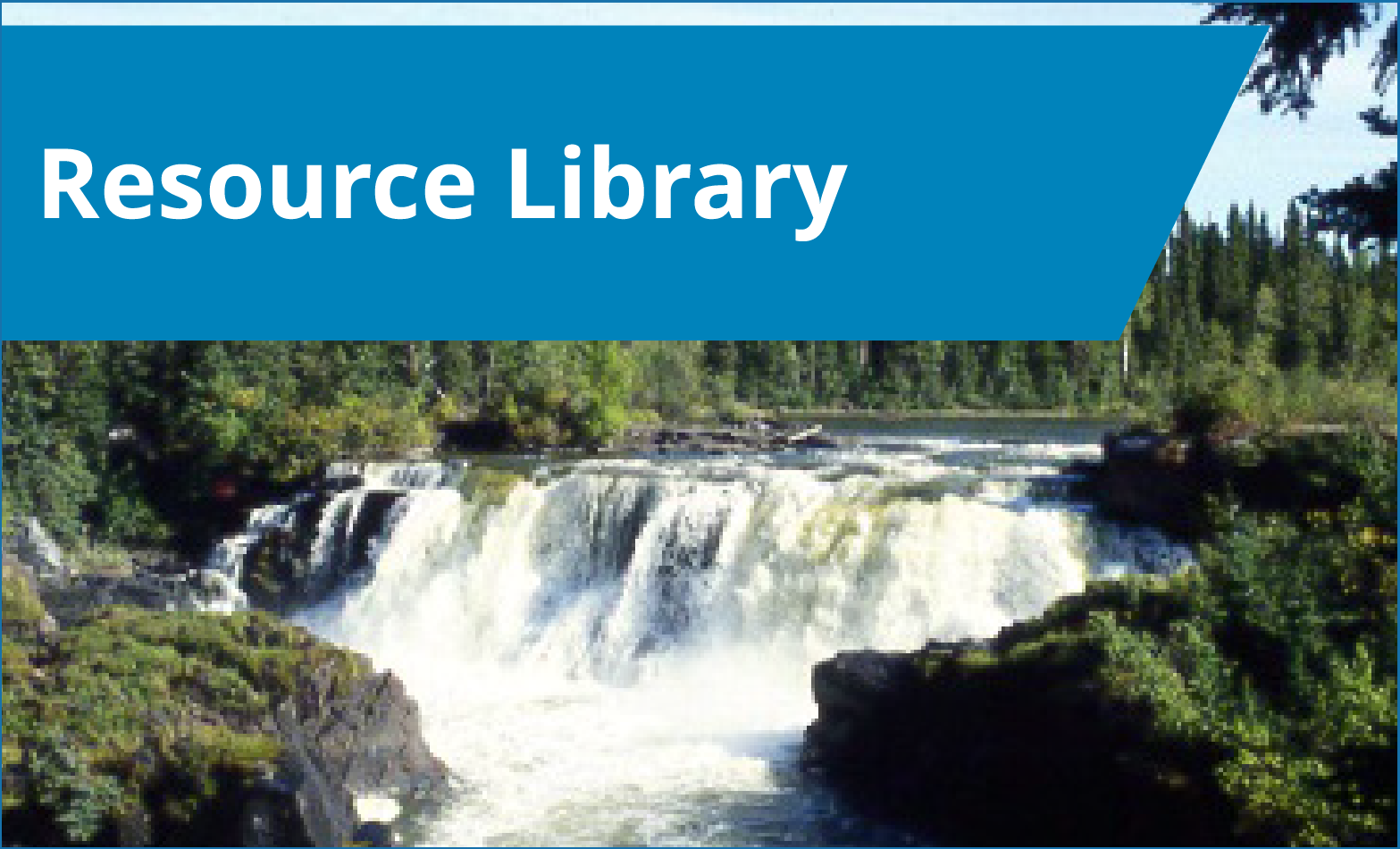
Manitoba conducts fish stock assessment programs on numerous fisheries across Manitoba to monitor fish populations. Many partners support this work through the Collaborative Stock Monitoring Program and the Coordinated Aquatic Monitoring Program. The data collected through these programs is used to inform decisions on the sustainable management of these important fisheries.
What is Eco-Certification?
Increasingly, consumers and buyers from around the world are calling for sustainable fish and seafood products. Sustainable fisheries management is becoming an increasingly important consideration in the marketability of fish products, particularly in key markets in the United States and Europe. This has led to the development of processes referred to as sustainable fishing certification, referred to locally as "eco-certification", which determine through a scientific and independent assessment process whether a fishery is managed in a sustainable manner. The sustainability criteria for most certification programs are similar since they all focus on the sustainability harvest of fish stocks, impacts on fish species and habitats, and the effectiveness of fisheries management. If a fishery is determined to be sustainable, it receives a "seal of approval" referred to as an "eco-label". An eco-labeled product is entitled to bear a logo that comes with the assurance to the purchaser and consumer that the product has been harvested from a sustainably managed fishery.
Manitoba is home to two eco-certified fisheries: Waterhen Lake and Cedar Lake. Manitoba continues to advance progress towards achieving certification of commercial fisheries across the province.

Manitoba had the first eco-certified freshwater fishery in North America and only the second in the world. Waterhen Lake was eco-certified in 2014 and was recertified in 2020. For more information on Waterhen Lake click on the link below.
- Public Certification Report
- MSC Fishery Certificate
- Summary Report
- MSC Certification Media Release
- Management Plan
- Eco-Certification Action Plan & Matrix
- 1st Annual Waterhen Eco Certification Audit Report 2015
- 2nd Annual Waterhen Eco Certification Audit Report 2016
- 3rd Annual Waterhen Eco Certification Audit Report 2017
- Waterhen - Stock Assessment of Walleye in Waterhen Lake
- Waterhen - Stock Assessment of commercially Harvesting Northern Pike
- Creel Census of Winnipegosis, Waterhen,Manitoba & Dauphin Lakes 1977-78
- Summary of Mercury in fish from Manitoba water 1971
- Little Waterhen River - Fish movement and Walleye Tagging 1971-72
Cedar Lake Fisheries Inc. and Chemawawin Cree Nation have initiated a process to have the Cedar Lake Fishery considered for International Industry Certification to achieve a scientific measure of sustainable fishing. This process will assess three main principles: sustainable fish stocks, minimizing environmental impact and effective fisheries management. This science-based Fisheries Standard will ensure the long term sustainability of the fishery for the people who depend on Cedar Lake. This shared management approach requires a collaborative process which includes all resource users that have an interest in the long-term sustainability of the fishery. For more information on Cedar lake click on the link below.

The Manitoba government is working with Lake Winnipeg commercial fishers to advance progress towards achieving eco-certification. A pre-assessment report for the Lake Winnipeg fishery was completed in November 2024 and two Prospective Fisheries Improvement Projects (FIP) were registered in December 2024. One FIP includes the North Basin walleye and lake whitefish stocks, and the second includes the South Basin and Channel walleye and lake whitefish stocks.
For more information, please review the frequently asked questions document that provides more details on sustainable fishing certification, the results of the recently completed Lake Winnipeg pre-certification assessment report, and market risks.
For more information on the Prospective Fisheries Improvement Projects for Lake Winnipeg walleye and lake whitefish stocks, please visit www.fisheryprogress.org.
The Manitoba government is working with Lake Manitoba commercial fishers to advance progress towards achieving eco-certification. A pre-assessment report for the Lake Manitoba fishery was completed in October 2024 and a Prospective Fisheries Improvement Project (FIP) for the Lake Manitoba walleye stock was registered in June 2025.


